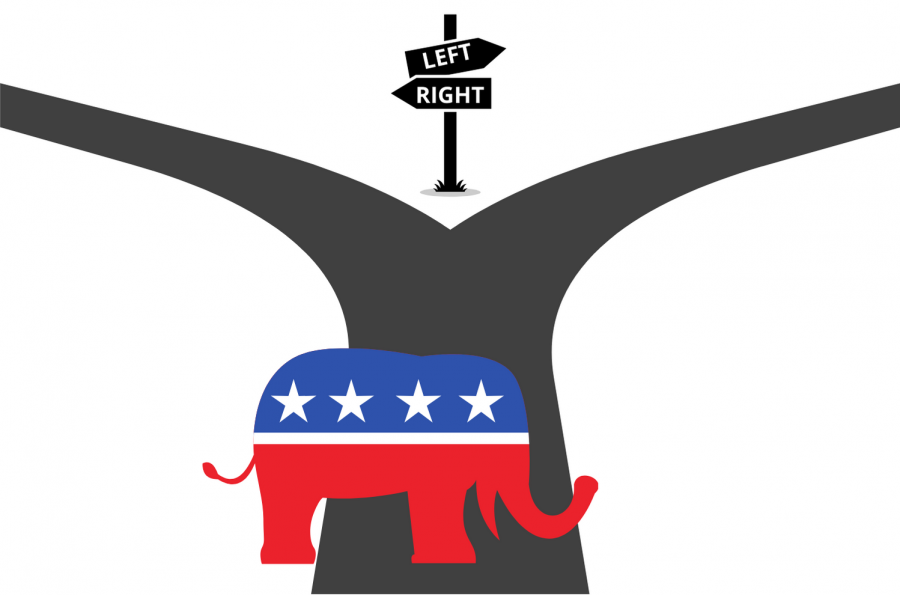In South Korea, the traditional concept of filial duty has begun to fade. Many families feel less inclined to take care of their elders, especially when facing a lot of financial pressure themselves.
According to a survey done by Statistics Korea last year, only 33.2 percent of the 37,000 people over 13 answered that children should take care of their parents. The widening gap between generations affects how they perceive their role in the family: 36.6 percent of those aged 65 and older said that children should take care of their parents while only 30.3 percent of those aged 30 agreed. On the other hand, there has been a slight increase in the elderly taking care of their own living expenses.
As a result of abandonment by their families or by the government, there has been an increase in suicide among the elderly population. South Korea is the most suicide-prone country in the developed world, with an average of 43 people committing suicide on any day. This rate has continued to rise and is twice as high among the elderly.
In an attempt to prevent suicide, the Korean Suicide Prevention Center has continually placed its message, “Life is precious! WE can protect it,” on pamphlets, placards, and on its website. Although the Korean Suicide Prevention Center is trying to encourage people to seek help if they feel an urge to commit suicide, it is difficult to get the message across.
South Korean senior citizens are prone to suicide because a strong perception exists in the country’s culture: less productive members of society are seen as less valuable. During the period of industrialization, South Korea had become so focused on prosperity that even now it is extremely important to be an economically productive member of the society.
“Our society has become extremely competitive in the past 30 to 40 years of economic development, and we have turn into a society that does not care for our weakest members,” said Kim Dong-Hyun, a professor at Hallym University
The emphasis on economic productivity has changed social relations. Though it was tradition for children to live with and care for their elderly parents, many elderly Korean parents do not live with their adult children. Kim asserts that “the collapse of communities and the collective ostracization of elderly citizens are driving over the edge.”
Furthermore, when the elderly end up alone, their benefits fall short of the norm recommended by the Ministry of Health and Welfare, rendering them unable to support themselves sufficiently. South Korea’s poverty rate among the elderly is the highest among developed nations.
The government has slowly begun to take some action and enacted a suicide-prevention law. Unfortunately, a limited budget curtails the effectiveness of the law and its influence on society. Counseling services are also provided but rather than getting to the core issue that is causing the problem and trying to eliminate it, the services are more focused on intervention.
“I wish Korean society would operate under the basic premise that elderly citizens also have a right to happiness and a right to end their lives with beauty,” said Ha Jung-Hwa, a professor of social welfare at Seoul National University
Some have suggested that If the government were to increase its budget for senior citizens, it would mean more jobs, community centers and higher pensions benefits, which could alleviate poverty and loneliness among the elderly.






